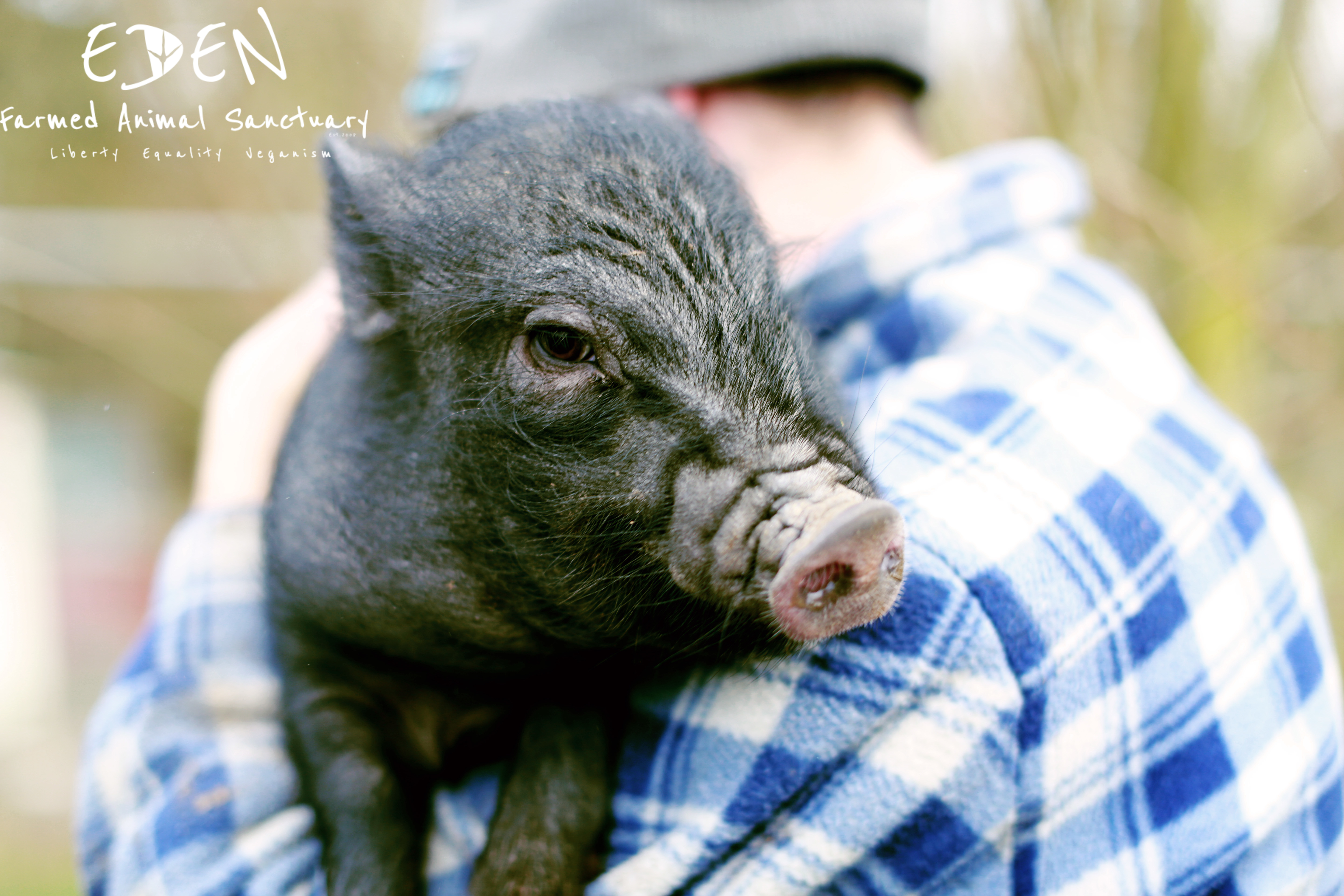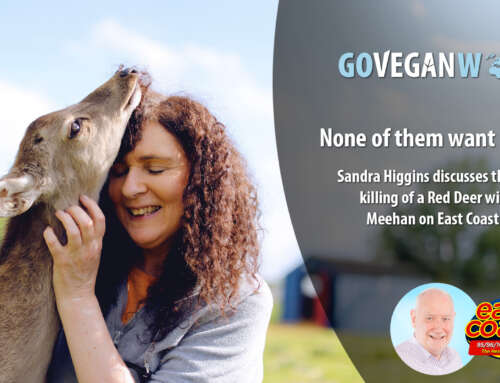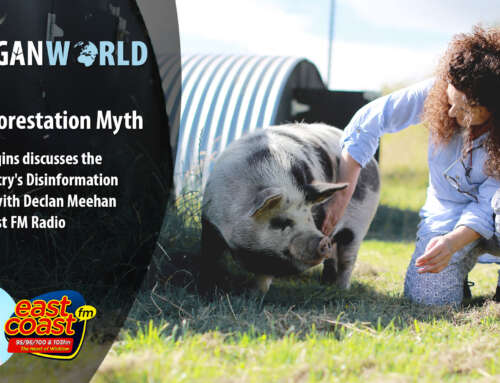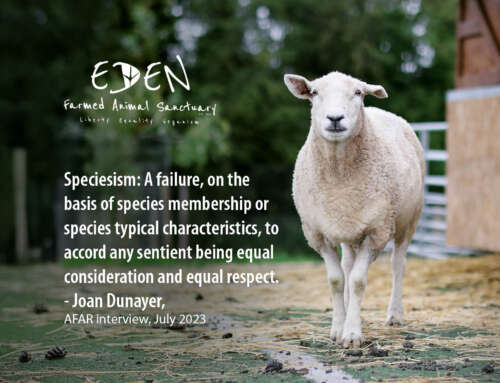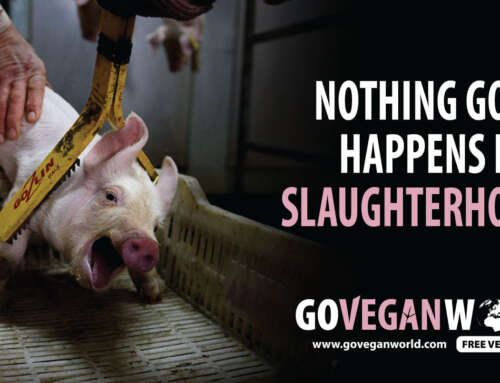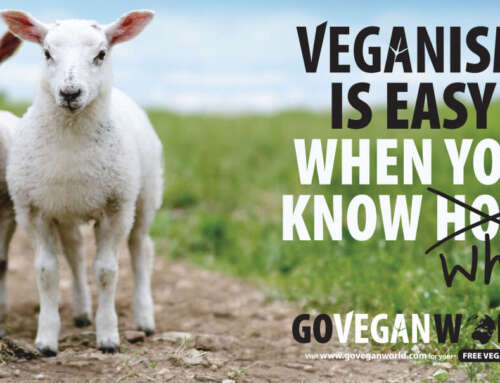Is it Easy to Go Vegan?
We are often referred to as “creatures of habit” who find change difficult. But when we are sufficiently motivated by the perceived rewards of behaviour change, we find it surprisingly easy. For example, when new technology comes on the market people in their millions purchase it, despite having to overcome the discomfort of discarding the ease with which we use old familiar gadgets. People put themselves through quite a bit of hardship if the perceived benefits of behavioural change are deemed worthy enough. The statistics on fad diets that promise longevity and weight loss despite leaving people hungry, deprived and malnourished, demonstrate the lengths to which we are willing to change our behaviour for something deemed worthy of effort.
But in too many areas of our lives we are unwilling to put in the ground work necessary to change how we think, feel and live. Instead, people look for a quick fix. There is no quick fix to being vegan. Veganism involves being aware of the violence inherent in how we are living, and how that violence impacts on other animals. It means that we vow to stop participating in that violence. It does not mean that we try out the habits of those who live non-violently. Those habits and choices become engrained at the end of the process of becoming vegan.
We do not become vegan because we sometimes choose to buy a vegan rather than a non-vegan item, or because we cook plant based recipes on some days of the week or avoid a single animal use such as consuming their flesh on another day of the week. The stages of behaviour change are initially linear. We cannot be motivated to live as vegans unless we are first aware of why we need to be vegan. We cannot learn to be vegan and completely cease using other animals lives to meet our needs and desires unless we are sufficiently prepared and have done the groundwork on how we can live without causing unnecessary harm or death to them. None of us will do this groundwork on how to implement the practical aspects of living vegan unless we are sufficiently aware of the reason why this behavioural change is rational and right. We will not live non-violently unless we face the facts of how our current way of living supports violence.
Gaining the knowledge and awareness that underpins veganism involves researching the lives of other animals so that we come to undo the myths we have grown up with that lead us to believe that they are so different from us that they don’t matter. It involves the growing realisation that they are our equals in all the ways that matter and that their bodies, and their lives do not belong to us.
Is it easy to go vegan? The practical aspects of living vegan are easy for most people. There are more options than ever to meet our request for convenience, fashion, novelty, taste and variety. The difficult part of going vegan is the traumatic realisation of how we were deceived into causing so much unnecessary violence and thereafter, living non-violently in a non-vegan, violent world.

